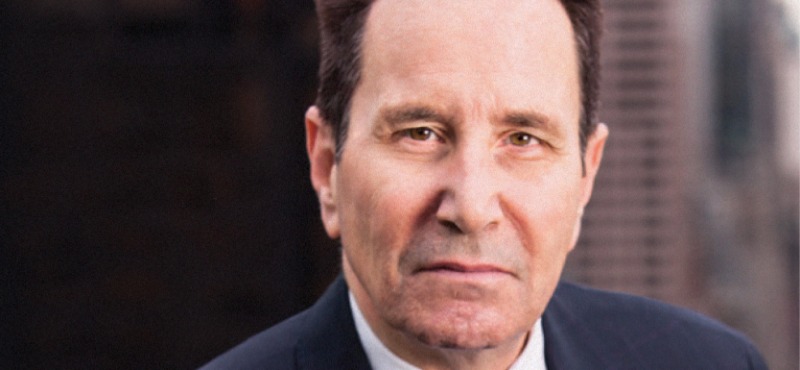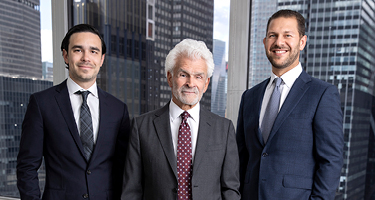Patrick A. Mullin is a veteran New York defense attorney whose repeated victories in high-stakes federal criminal and tax matters have vaulted him to the top of his profession. Over his 38 years of practice, Mullin has become a go-to lawyer for those under criminal or tax investigation, facing indictment, or pursuing an appeal. He is a graduate of NYU’s tax law program as well as a Harvard Law School alumnus. He has also served on the faculty of legendary Gerry Spence’s Trial Lawyers College and presented oral argument before the United States Supreme Court in a federal criminal case.
In addition to being a seasoned attorney, you are an experienced martial artist, with black belts in two disciplines, as well as being a former instructor and an owner of a dojo. When founding your own law firm, how did you incorporate that experience into your practice?
PM: Like my martial arts, the foundation of my law practice mirrors the Samurai Code of Bushido. There are four core principles that especially guide our firm: laser focus, superb training, killer instinct, and relentless pursuit of justice. These are the standards that we follow daily in representing our clients.
Among the cases you have tried, which have been the most memorable?
PM: I’ve obtained repeated full acquittals in federal jury cases, which is a rare accomplishment, as well as having successfully defended numerous clients targeted by the feds. Especially memorable is a letter I once received from a juror in a federal criminal trial in which the juror wrote, “I am writing to compliment you on your very effective representation of [your client], and I am happy that my fellow jurors agreed to find him not guilty.” I keep this letter framed in my office as a reminder of the importance of connecting with juries.
Patrick, with your history of success in challenging criminal defense and tax defense cases, what advice do you have for people encountering these problems for the first time?
PM: People often initially think they can handle a criminal or tax matter by themselves. But as with many medical issues, early intervention is critical in resolving a criminal or tax matter—every decision that is made in the early stages can have significant implications later on.

































